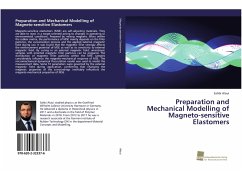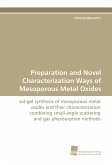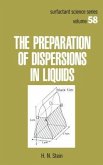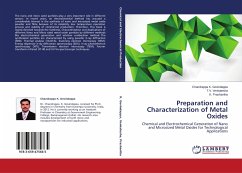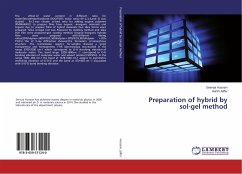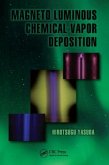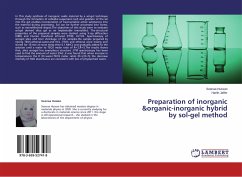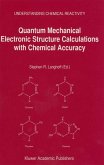Magneto-sensitive elastomers (MSE) are self-adjusting materials. They are able to react in a target-oriented acting to changes in operating or environmental conditions. Prepared by mixing magnetic fillers within the rubber matrix, the performance of MSE mainly depends on the filler particles, the vulcanisation process and the applied external magnetic field during use. It was found that the magnetic filler strongly affects the reinforcement potential of MSE as well as its sensitivity to external magnetic field. By curing in an external magnetic field, anisotropic samples with oriented magnetic filler particles can be prepared. The distribution of magnetic filler particles within the MSE samples considerably influence the magneto-mechanical response of MSE. The micromechanical dynamical flocculation model was used to model the measurement data. Some fit parameters were governed by the external magnetic field during application, confirming that changing the magnetic properties of the surroundings inevitably influences the magneto-mechanical properties of MSE.
Bitte wählen Sie Ihr Anliegen aus.
Rechnungen
Retourenschein anfordern
Bestellstatus
Storno

